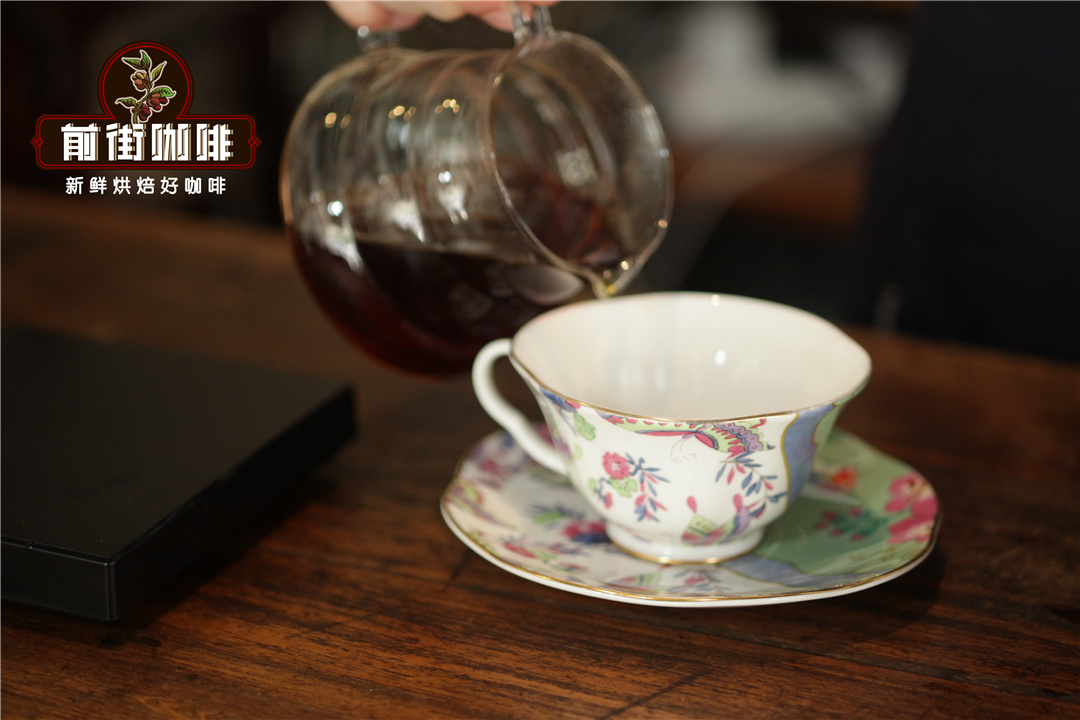Is Bali coffee unique? how did coffee come to Bali?
The beautiful Indonesian island of Bali is famous for its volcanic mountains, beaches and coral reefs-what else is required for an adventure into heaven? Well, there's one more thing we can think of: coffee.
Before visiting some of the island's major scenic spots, what better way than to start a new day by tasting uniquely brewed and locally picked coffee? Bali has a variety of unique coffee to enjoy, and the strong coffee culture means it is both convenient and affordable.
What kind of coffee can be found here? What's wrong with the famous Kopi Luwak coffee? Why is it so expensive?
How did coffee come to Bali?
Coffee has long been introduced to most parts of Indonesia by the Dutch in coffee history. Therefore, a lot of coffee in Indonesia has Dutch roots.
Indonesian coffee is considered to be one of the best coffee in the world and is described as having a strong woody and earthy flavor. Although it has different roots, Balinese coffee is no exception.
The soil in Bali is rich in nutrients from the volcanic mountains, and many coffee farmers in Bali grow coffee beans with citrus fruits to give coffee a unique fruity flavor.
It is worth noting that there are two very different kinds of coffee in Bali. The first is roasted coffee. Although Balinese roasted coffee is different, there is a more famous variety of Balinese coffee: Kopi Luwak, also known as Indonesian "Kopi Luwak".

Jintamani area
The main coffee growing area in Bali is the Jintamani region in the northeast. These coffee plantations are located on large volcanic plateaus, which makes the soil in the area extremely fertile. Traditionally, the coffee crop in Jintamani is Robusta coffee, but Arabica coffee is becoming more and more common because of its higher price on the world market.
Arabica
Arabica coffee beans usually have a sweet and soft taste, with flavors of sugar and fruit, complementing the citrus flavor of Balinese coffee. It is considered to be one of the earliest coffee varieties, with nearly 60% more lipids and twice as much sugar than robusta coffee.
The sugar content of Arabica coffee means that the coffee is less bitter and cleaner. These desirable characteristics are the reason why Balinese coffee is paying more and more attention to Arabica coffee plants.
Robusta
Robusta, on the other hand, is more powerful and grainy, with a unique nutty finish. However, it contains more antioxidants than Arabica coffee, which are good for some of the health of coffee.
In addition, for those who need a morning cup, robusta caffeine has an average of 83% more caffeine than Arabica coffee.
Robusta coffee is often found in instant coffee, which brings it bad rap, but when you find high-quality robusta beans, they will have a tough, full-bodied flavor.
Overall, the complexity of Balinese coffee is usually best suited for medium roasting. The taste of Balinese coffee is sometimes comparable to that of Papua New Guinea coffee and is highly valued in Japan.
Important Notice :
前街咖啡 FrontStreet Coffee has moved to new addredd:
FrontStreet Coffee Address: 315,Donghua East Road,GuangZhou
Tel:020 38364473
- Prev

Espresso and espresso blends Espresso must be a blend
Most espresso consumed in the world today is a blend of green coffee. The rationale for presenting only blended coffee as espresso is that the intense, concentrated nature of espresso brewing methods exaggerates the characteristics of individual coffees to the point that only blends of various coffees provide the necessary balance between syrupy body and complex but understated aromas. However, many
- Next

How do I use the coffee maker? how do I choose the coffee maker? Recommended hand flushing pot
Related
- What brand of black coffee is the most authentic and delicious? what are the characteristics of the flavor of the authentic Rose Summer Black Coffee?
- Introduction to the principle and characteristics of the correct use of mocha pot A detailed course of mocha pot brewing coffee is described in five steps.
- Which is better, decaf or regular coffee? how is decaf made?
- How much is a bag of four cat coffee?
- How about four Cat Coffee or Nestle Coffee? why is it a cheap scam?
- Which is better, Yunnan four Cats Coffee or Nestle Coffee? How about cat coffee? is it a fake scam? why is it so cheap?
- How about Cat Coffee? what grade is a hoax? which instant coffee tastes better, four Cat Coffee, Nestle Coffee or G7 coffee?
- Process flow chart of coffee making-Starbucks coffee making process what coffee tastes good at Starbucks
- The top ten best coffee beans in the world Rose summer coffee or Tanzanian coffee tastes good
- Yunnan four cat coffee is good to drink?_four cat coffee is a big brand? four cat blue mountain coffee is fake?

